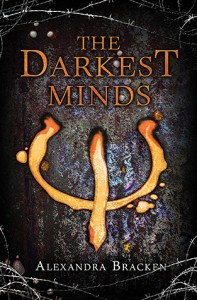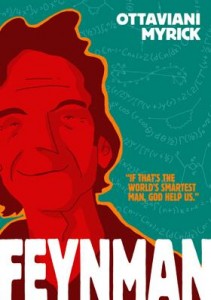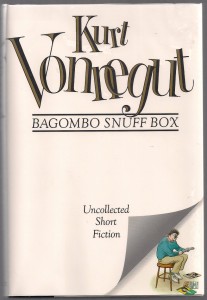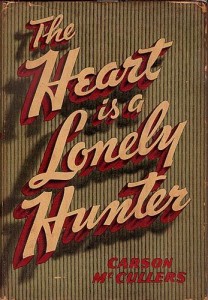Welcome Back to Snell: What You Need to Know
On behalf of Snell Library, I would like to extend a warm welcome to all new and returning members of the Northeastern community for the start of the Fall 2015 semester. Snell Library offers services and resources for everyone at Northeastern. Click a link below to explore how you can use your library!
We have spent the summer creating new study spaces, enriching our collections, and planning some very special events to celebrate 25 years of Snell Library. To kick-off the semester, we will hold an information table on the library porch through Friday, September 11th. Subject librarians and ITS staff will be there to answer your questions and give out free goodies.
During the week of September 14th, we are hosting a social media-based challenge called #HuskyHideAndSeek as a part of our celebration of Snell’s 25th birthday.
- 25 3D printed huskies will be hiding all around the building.
- Follow @ClubSnell on Twitter and Instagram for clues.
- Find a husky, share on social media, and win!
Winners will:
- Keep their husky
- Win a $5 gift card to the 3D Printing Studio
- Be entered to win a brand new Fujifilm Instamax Mini polaroid camera
The rest of the semester includes a full calendar of great events, from 3D Printing and DMC Studios workshops to Meet the Author and Neighborhood Matters events and a month long celebration of Open Access. Be sure to check our events calendar for the most up-to-date information. Good luck this fall. Snell Library’s resources and staff are here to help make this your best semester yet!
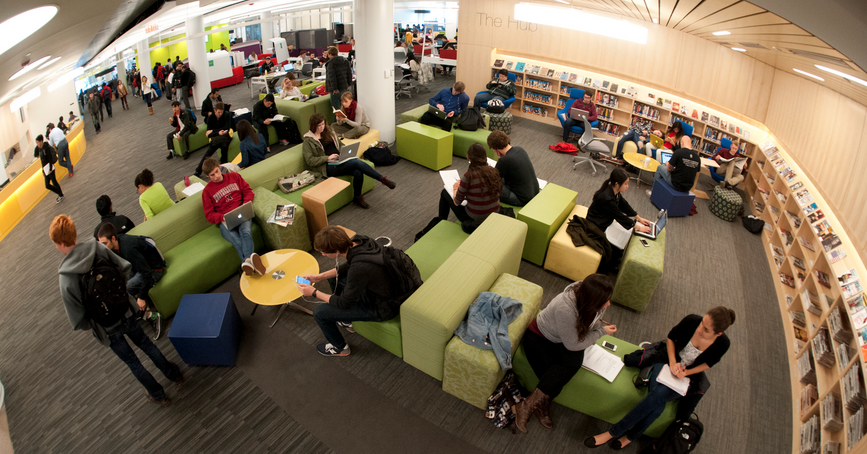
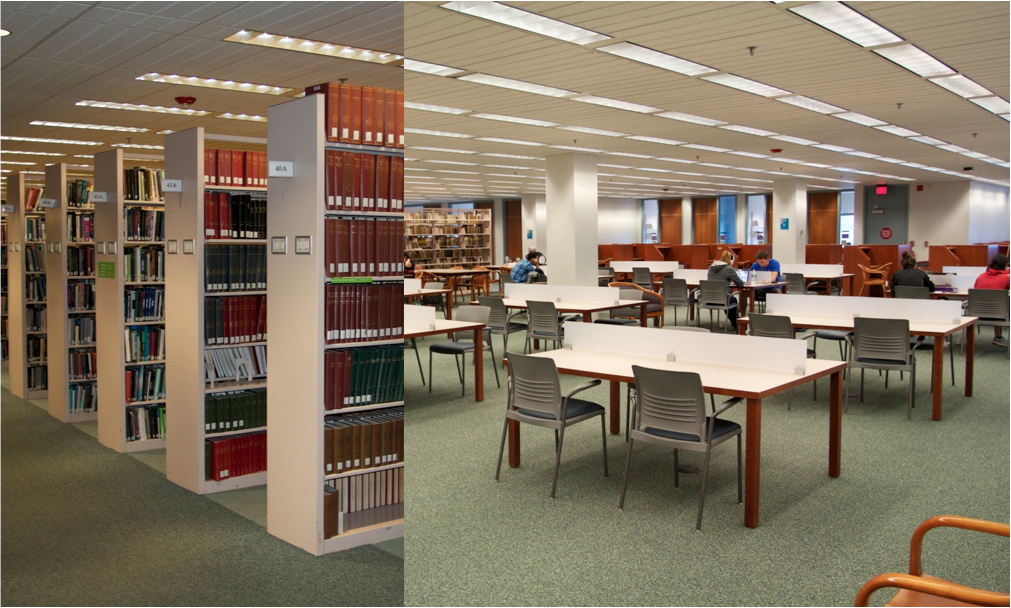
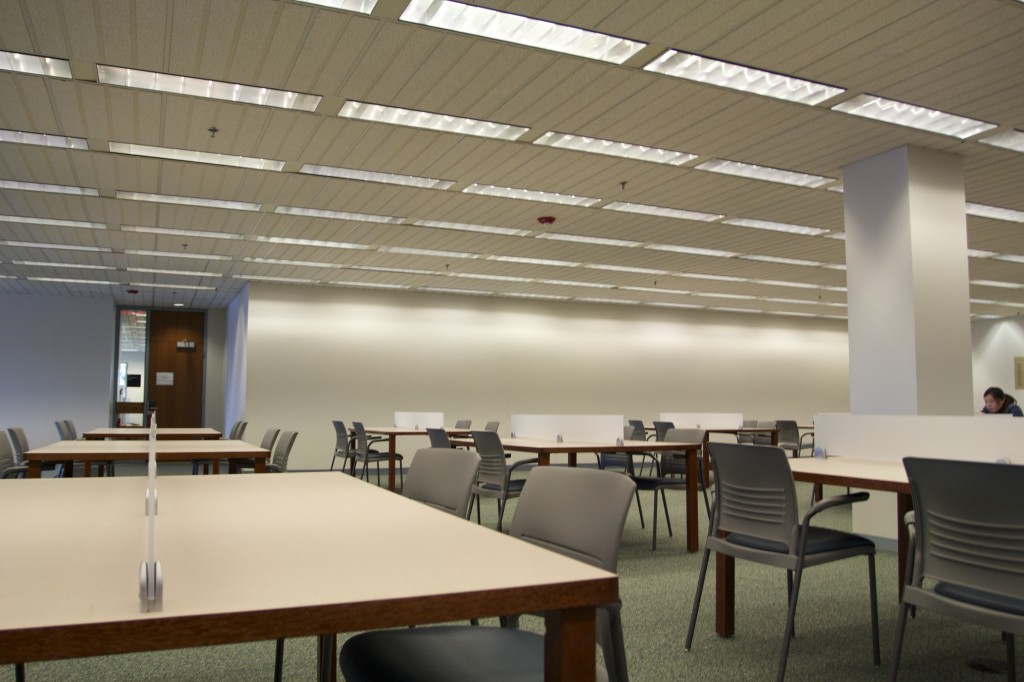
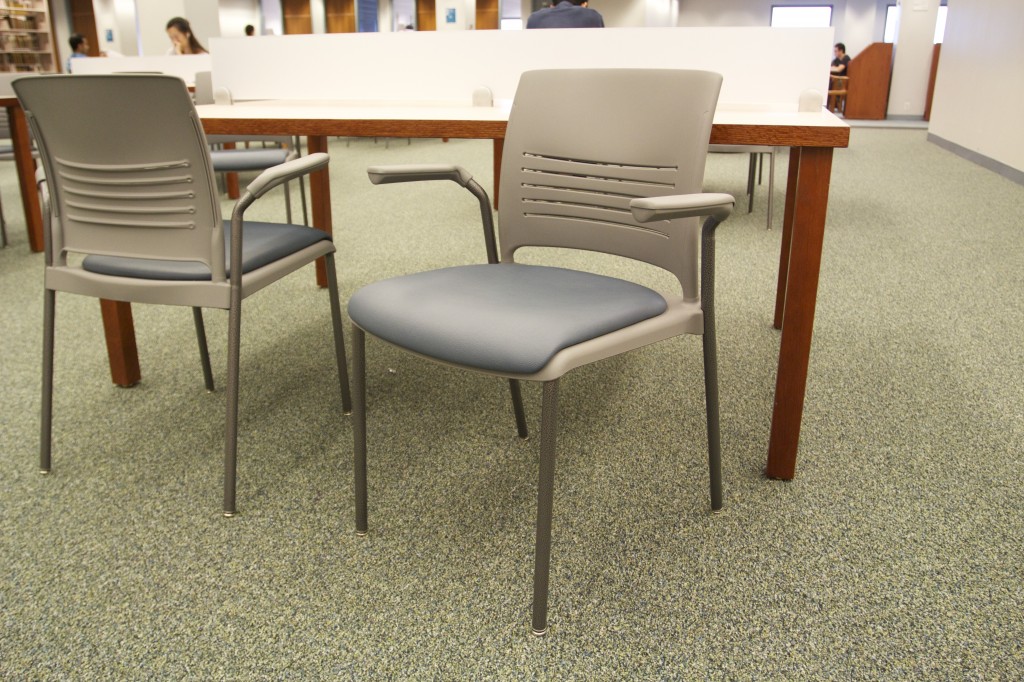
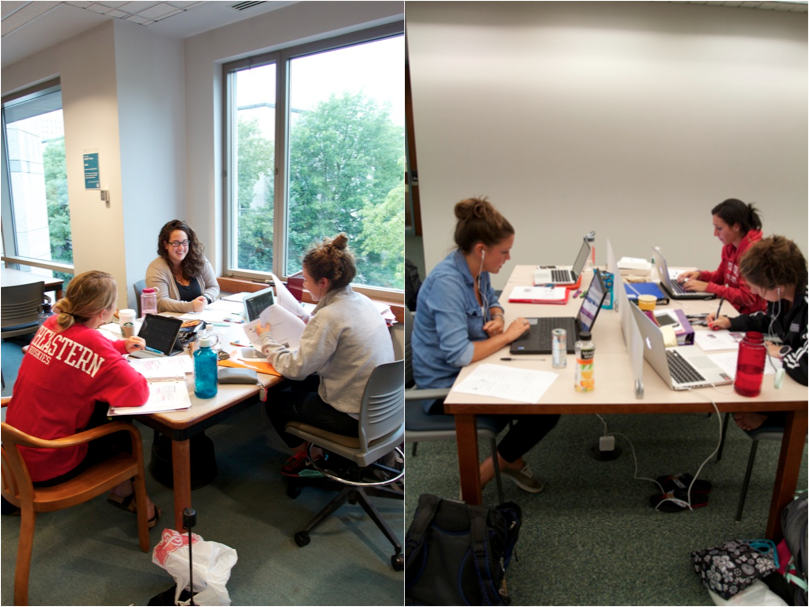
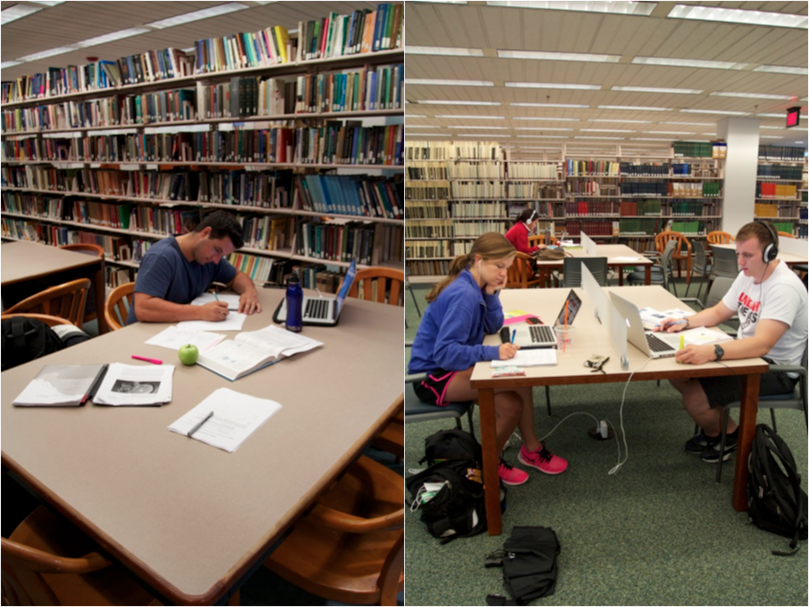
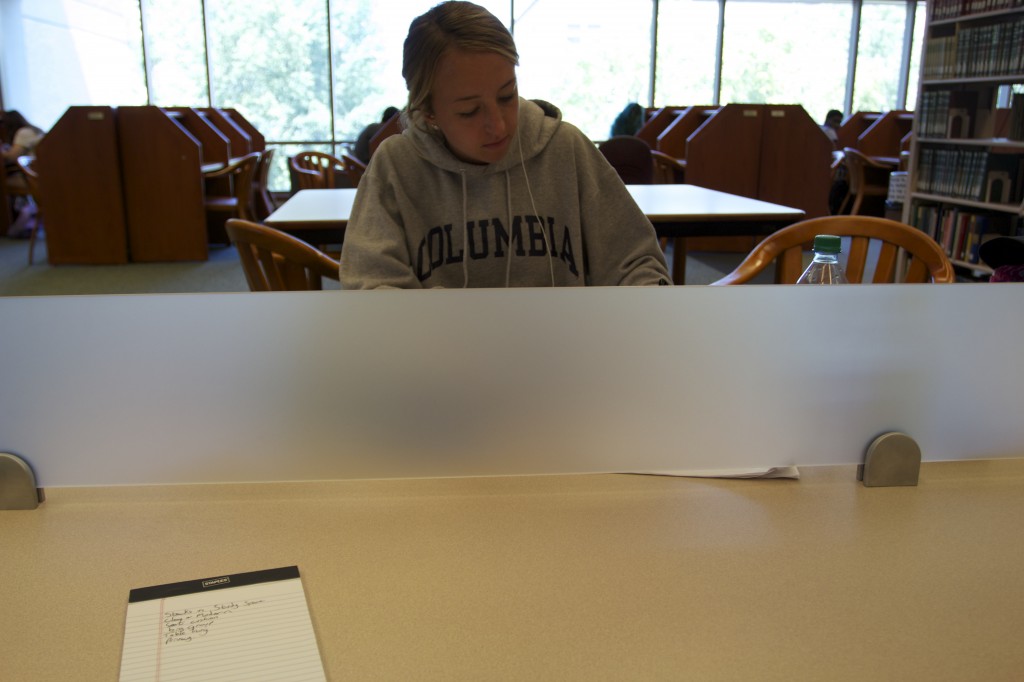
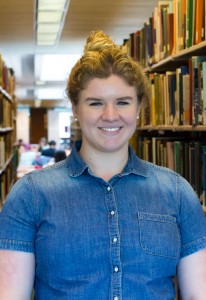
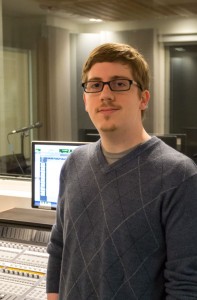
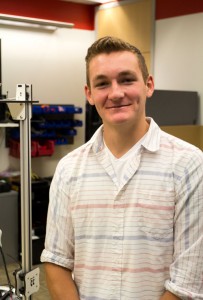
 My name is Tom Petrini, and I am the new Marketing and Events Co-op here at Snell. That’s ironic because for my first two years here I spent as little time in the library as possible, but I’m now discovering everything it has to offer. I’m very excited to help plan our Meet the Author events, Neighborhood Matters series, and the library’s 25th birthday Snellebration. Outside of work you can find me at a concert, a sporting event, or Taco Bell. I would be an NFL quarterback if I were taller than 5’10¾” and/or athletic. My favorite poets are Tauheed Epps and Horst Simco. I’m currently living my dream of being paid to tweet.
My name is Tom Petrini, and I am the new Marketing and Events Co-op here at Snell. That’s ironic because for my first two years here I spent as little time in the library as possible, but I’m now discovering everything it has to offer. I’m very excited to help plan our Meet the Author events, Neighborhood Matters series, and the library’s 25th birthday Snellebration. Outside of work you can find me at a concert, a sporting event, or Taco Bell. I would be an NFL quarterback if I were taller than 5’10¾” and/or athletic. My favorite poets are Tauheed Epps and Horst Simco. I’m currently living my dream of being paid to tweet.